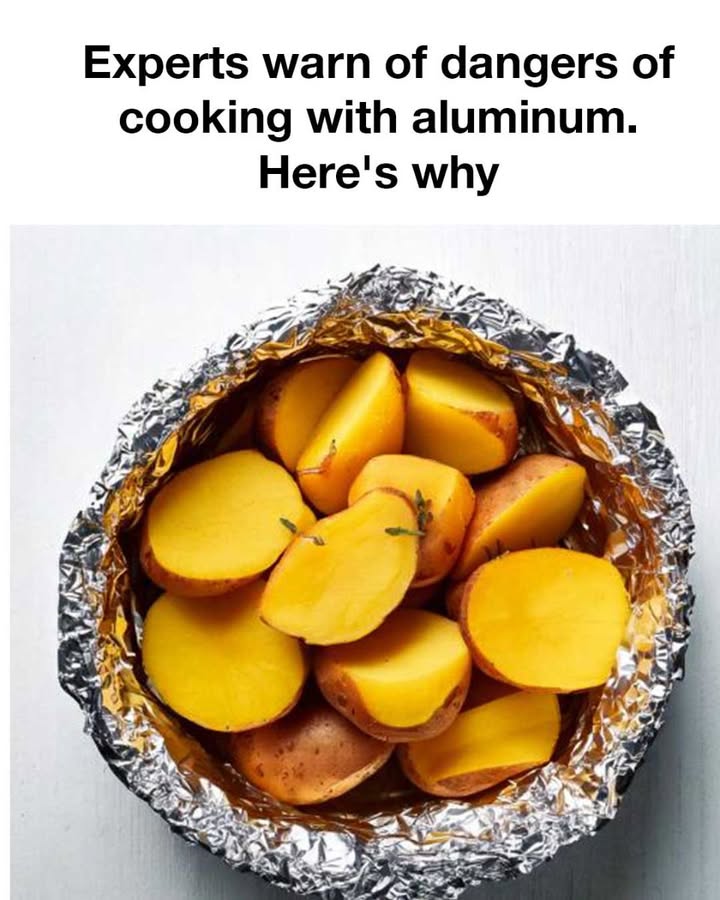In recent years, concerns have been raised about the safety of using aluminum cookware due to potential health risks. Aluminum is a widely used material in the kitchen, favored for its lightweight and excellent heat conductivity. However, experts warn that cooking with aluminum may lead to increased exposure to the metal, which could pose health risks. This article explores the reasons behind these concerns and what you need to know to make informed decisions in your kitchen.
Understanding Aluminum: Properties and Uses in Cookware
Aluminum is a silvery-white, soft, non-magnetic, and ductile metal. It is the third most abundant element in the Earth’s crust and is widely used in various industries due to its properties. In cookware, aluminum is prized for its ability to conduct heat evenly and quickly, making it ideal for pots, pans, and baking sheets. However, its reactivity with acidic and alkaline foods can lead to leaching, which is a primary concern for health experts.
Health Risks Associated With Aluminum Exposure
Exposure to high levels of aluminum has been linked to several health issues. While the body can excrete small amounts of aluminum, excessive exposure can accumulate in the body and potentially lead to neurological disorders. Some studies suggest a possible link between aluminum exposure and Alzheimer’s disease, although this connection remains a topic of debate. Other health concerns include potential impacts on bone health and kidney function.
Scientific Studies Linking Aluminum to Health Issues
Numerous studies have explored the relationship between aluminum exposure and health problems. Research has indicated that high levels of aluminum in the brain may be associated with neurodegenerative diseases. Animal studies have shown that aluminum can affect the nervous system, but translating these findings to human health remains complex. Despite ongoing research, the scientific community has not reached a consensus on the exact health risks posed by aluminum exposure from cookware.
How Aluminum Leaches Into Food During Cooking
Aluminum leaching occurs when the metal reacts with acidic or salty foods, such as tomatoes, citrus, or vinegar-based dishes. This reaction can cause aluminum to dissolve into the food, increasing the amount of metal ingested. Cooking at high temperatures or using scratched or worn cookware can exacerbate this leaching process. Understanding these factors is crucial for minimizing aluminum exposure in the kitchen.
Comparing Aluminum Cookware to Other Materials
When considering cookware materials, it’s important to weigh the pros and cons of each. Stainless steel, cast iron, and ceramic are popular alternatives to aluminum. Stainless steel is durable and resistant to leaching, though it may not conduct heat as efficiently. Cast iron provides excellent heat retention but requires maintenance to prevent rust. Ceramic cookware offers a non-reactive surface but can be prone to chipping. Each material has its benefits and drawbacks, and choosing the right one depends on individual cooking needs and health considerations.
Expert Opinions on the Safety of Aluminum Cookware
Next Page

